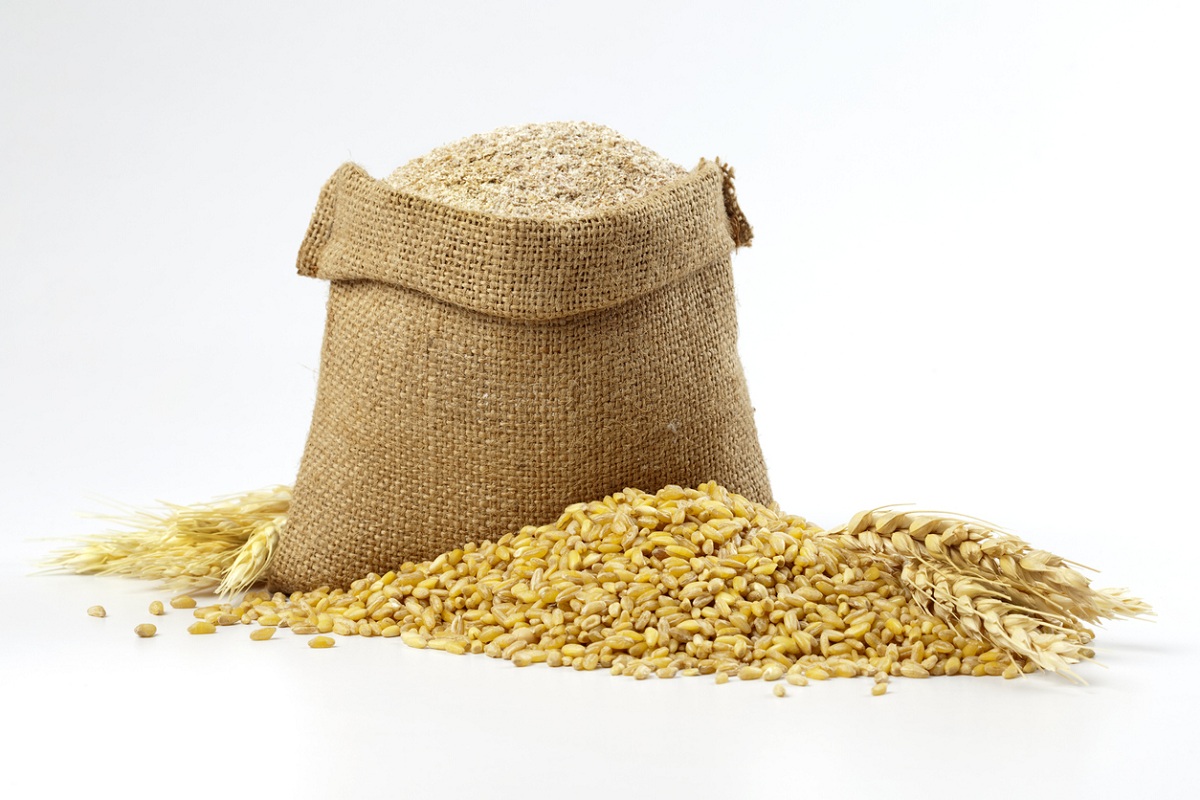Centre lifts MEP on onions, tightens stock holding limit on wheat
In a significant move, the Central government lifted the minimum export price (MEP) of $550 per tonne on onions but tightened the stock holding limit on wheat.
The delay in transportation could well result in a huge loss for exporters; it could run into crores of rupees as the grain is bound to start rotting as the monsoon sets in this month.

(Representational Image: iStock)
The irony in India-Bangladesh relations can on occasion be quirky, and lead to bitterness. As the Mitali Express to Dhaka cantonment made its inaugural run from New Jalpaiguri station on Wednesday, it became the third passenger train service between the two countries. Connectivity has improved, and the operationalisation means the Mitali Express augments services offered by the Maitree Express (Kolkata to Dhaka) and the Bandhan Express (Kolkata to Khulna). A longstanding demand of the people of North Bengal has been met. And yet the romantic euphoria generated on either side of the (porous) border has been somewhat dissipated with reports that hundreds of trucks, loaded with four lakh tons of wheat and meant for export to Bangladesh, are stranded on the Changrabandha border in West Bengal’s Cooch Behar district. For the past three weeks, these trucks stand motionless as the Customs authorities refuse permission for their onward journey. The delay in transportation could well result in a huge loss for exporters; it could run into crores of rupees as the grain is bound to start rotting as the monsoon sets in this month. Water has already started seeping into the bags and damaging the wheat, say reports. If the monsoon sets in, a major portion of the consignment will be wasted. On 13 May, the Directorate General of Foreign Trade (DGFT) issued a notification banning the export of wheat “with immediate effect”. The ban was contextualized with the Russian invasion of Ukraine, a conflict that has affected the global wheat supply and indeed from the former Soviet satellite. A couple of days later, government sources said the ban would not affect orders finalised earlier, and that consignments to neighbours would be cleared on a case-to-case basis. Neither has happened. At Mahadipur land port in Malda district, an estimated one lakh metric tonnes of wheat are stuck. These are consignments for which importers in Bangladesh had made payments. And yet for the past few weeks, trucks carrying these consignments have not been allowed to enter Bangladesh. The DGFT, it must be emphasised, had said there was no restriction on wheat consignments for which formalities had been completed before the ban came into force. With every passing day, the trans-border confusion gets worse confounded. The West Bengal Exporters Coordination Committee had sent a letter to Union commerce minister Piyush Goyal on May 28, requesting him to intervene so that the wheat-laden trucks could enter Bangladesh. According to an estimate by exporters in Malda, a contiguous district, several lakh tonnes of wheat are stranded on the border since May 13. The neighbouring country is one of India’s major buyers. Importers save around 30 per cent by buying Indian wheat instead of procuring the commodity from other countries. A prescription to overcome the crisis is imperative and not least because of the upswing in bilateral ties.
Advertisement